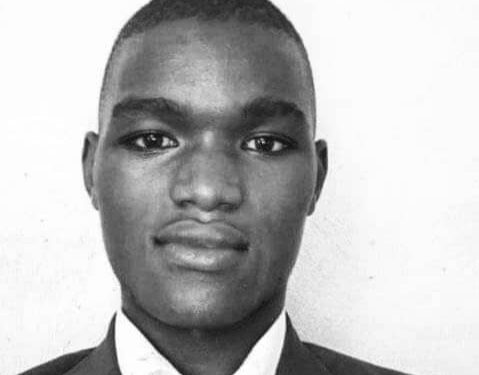Accountability of public resources is part and partial of democracy and democratic governance. The presence of accountability and transparency credits the democratic levels of a particular government or state, and the absence of accountability, questions the democratic levels of a given government.
This is so evident in comparisons between transparent countries like Botswana, the developing Asia Pacific states of Singapore or Indonesia whose democracy is perfectly doing well compared to lootings of oil reserves in some countries in Africa or elsewhere in the world.
The round breaking events such as the Arab Spring, and the fall of Gotabaya in Sri Lanka attest to the important role of accountability institutions and the accountability processes in state building and socio-political development
Accountability should not, or never be a crime or a burden, or be seen as a witch-hunt to the governments, individuals or organizations tasked with giving accountability but this should in normal circumstances be a responsibility to those in charge of public resources, a demand, and a duty of every citizen of this world.
This involves a wide range of actors and institutions, information flows from both governments and the media should freely flourish frequently to create a literate population about resource management.
Parliaments, donor agencies, elections and by elections, political parties, the media and civil society all shape and animate the relationship between the state and society. These should play a lead role in establishing a more legitimate state, which is accountable to society as a whole, and a government that is both responsible and responsive to all of its citizens, including women, ethnic minorities and other marginalized groups.
This will require some changes in donor and lending approaches, including different roles, new forms of assistance, adjustments to funding modalities and new approaches to risk and results management. This will help force different governments account for every single loans, grants, or revenue obtained and this will save many countries especially in Africa, from the huge IMF and Chinese long term loans which citizens do not benefit from, as these do not end up in stimulating production, or infrastructure and the economic situation in the indebted countries remains fragile, and dire to the citizens.
This will also foster accountability of domestically generated revenues and resources like oil, diamonds, gold, forests and agriculture for states whose governments or political elites tend to personalize countries’ resources for their own benefit. A case in point is the commission set up by Gen Abubakar of Nigeria to investigate the government of the administration of Gen Sani Abacha the former Nigerian military ruler and head of state who had personalized Nigeria’s oil. The commission discovered over 100 bank accounts in overseas banks and over 5 billion dollars had been looted by the dictator, I highly doubt if this is not happening in some countries that I am not able to mention, in Africa, and Asia or anywhere, evaluate that as you the reader in respect to your country, as I also do the same in Uganda
If accountability is not enhanced, many indebted African states risk remaining economically fragile despite the growing borrowing tendencies and debt burden by corrupt regimes. The development of these states will need them to sharpen and deepen their understanding of how they can best facilitate change and reform in line with societal demands and government capacity in the developing world.
Citizens of these countries will have no option, but to put an audit of every single IMF and Chinese loan, or every single contract awarded out of loans, or even to audit their own governments after they leave administration and these lending agencies are likely to lose.
Significant support should be directed in many developing countries to formal audit processes, parliamentary investigations, or political parties’ policy development and Civil Society Organizations engaged in budget monitoring for service delivery. Without this, there is a constrained ability to realize significant change.
Byamukama Richard Bard is a Lawyer and a Master’s Student in Security and Strategic Studies. Trained from Kabalye National Police Training School and also attended the Great Lakes Institute of Security and Strategic Studies
Do you have a story in your community or an opinion to share with us: Email us at editorial@watchdoguganda.com












